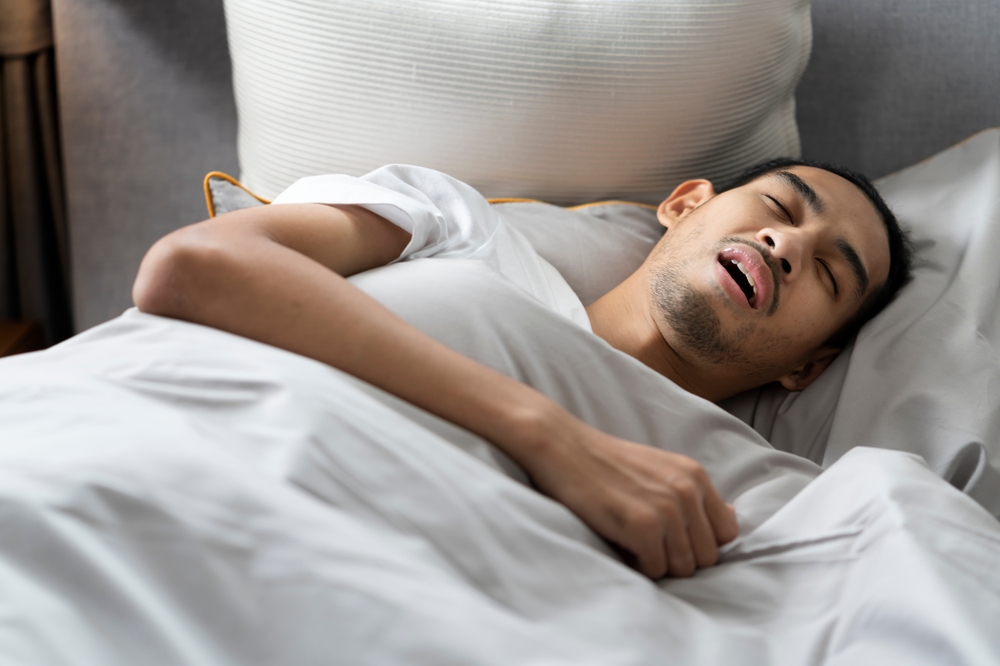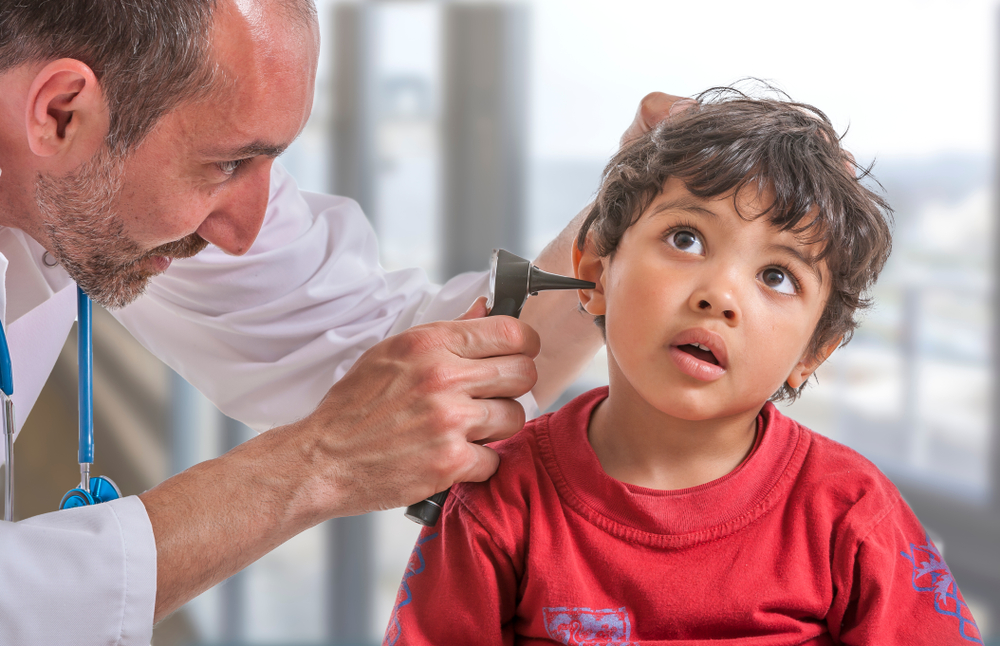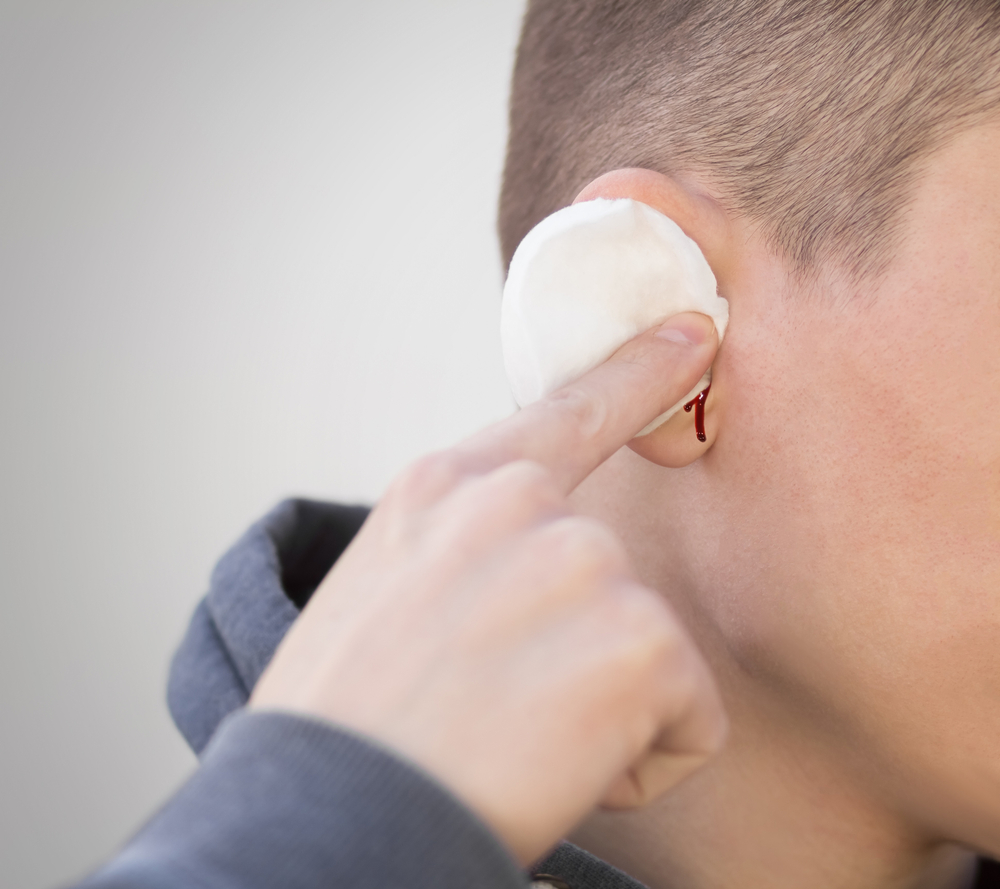Sleep apnea is a serious condition that can have a significant impact on your health. While many people joke about snoring, it’s important to recognize that loud or frequent snoring can be a red flag for sleep apnea, a disorder that obstructs the airway during sleep. This condition can cause a range of health issues, from daytime fatigue to life-threatening heart problems.
Understanding the signs of sleep apnea is the first step toward getting the proper diagnosis and treatment. In this article, we’ll explore the key symptoms of sleep apnea, its different types, risk factors, and the importance of seeking help from a specialist.
What are the symptoms of sleep apnea?
Snoring is one of the most common symptoms of sleep apnea, but it’s not the only indicator. In fact, many people who snore do not have sleep apnea, and not everyone with sleep apnea will snore. If you suspect that you might have sleep apnea, be aware of the following signs:
- Breathing Pauses or Stoppage: One of the most concerning symptoms of sleep apnea is the temporary cessation of breathing during sleep. These episodes typically happen without your knowledge, but a bed partner or family member may notice and alert you.
- Loud and Persistent Snoring: While snoring alone doesn’t always mean you have sleep apnea, loud, chronic snoring can be a telltale sign, especially if it’s accompanied by other symptoms.
- Daytime Sleepiness: Feeling excessively tired or fatigued during the day, despite sleeping a full night, is one of the most common symptoms of sleep apnea.
- Irritability or Mood Changes: Sleep apnea can disrupt your sleep cycle, leading to irritability and difficulty managing stress or emotions.
- Dry Mouth and Sore Throat Upon Waking: If you wake up with a dry mouth or sore throat, it may indicate that your breathing was obstructed during the night.
- Morning Headaches: People with sleep apnea often experience headaches when they wake up, which may be a result of interrupted sleep and oxygen deprivation.
- Trouble Staying Asleep: Individuals with sleep apnea may find themselves waking up frequently throughout the night or struggling to stay asleep.
- Gasping for Air: A sensation of choking or gasping for air during sleep is another sign that your airways may be obstructed.
If you identify with any of these symptoms, it’s important to consult with a healthcare provider for further evaluation and diagnosis.
Understanding the different kinds of sleep apnea
There are three primary types of sleep apnea, each with its own cause and treatment approach. The two most common types are central sleep apnea and obstructive sleep apnea, but it’s also possible to have a combination of both, known as complex sleep apnea.
- Central Sleep Apnea: This occurs when the brain fails to send the proper signs to the muscles responsible for breathing. As a result, you may experience pauses in your breathing, even though your airway is not physically obstructed.
- Obstructive Sleep Apnea: The more common form, obstructive sleep apnea, happens when the muscles in the throat relax too much during sleep, causing the airway to narrow or become blocked. This type of sleep apnea is often associated with loud snoring and episodes of choking or gasping.
- Complex Sleep Apnea: This is a combination of both central and obstructive sleep apnea, which can make it more difficult to diagnose and treat.
Who is at risk for sleep apnea?
While sleep apnea can affect anyone, certain factors may increase the likelihood of developing the condition. Here are some common risk factors:
- Family History: If you have close family members with sleep apnea, your risk of developing it may be higher.
- Age: Sleep apnea becomes more common with age, especially in individuals over 40.
- Obesity: Excess weight, particularly around the neck, can contribute to airway obstruction and increase the risk of sleep apnea.
- Smoking: Smokers are more likely to experience airway blockages due to inflammation and swelling in the throat.
- Alcohol Consumption: Alcohol can relax the muscles in your throat, making it easier for your airway to become obstructed.
- Gender: Men are more likely to develop sleep apnea than women, though the risk for women increases after menopause.
In addition to these factors, other health conditions, such as high blood pressure and diabetes, may also contribute to an increased risk of sleep apnea.
When to see a specialist
If you’re experiencing any of the symptoms mentioned above, it’s essential to seek professional help from an ENT specialist or sleep specialist. Only a healthcare provider can properly diagnose sleep apnea, typically through a sleep study, which may be conducted at home or in a sleep clinic.
After diagnosis, there are various treatments available, including the use of a CPAP (Continuous Positive Airway Pressure) machine. This device gently forces air into the airway to keep it open during sleep. Other treatment options may include lifestyle changes, weight loss, or surgery in severe cases.
The importance of sleep apnea treatment
Untreated sleep apnea can have serious consequences for your health, including high blood pressure, heart disease, stroke, and diabetes. Early diagnosis and treatment can dramatically improve your quality of life, providing better sleep, increased energy, and improved mood.
If you think you may be suffering from sleep apnea, don’t wait to seek help. Contact an ENT specialist today to get evaluated and start your path toward better sleep and better health.



